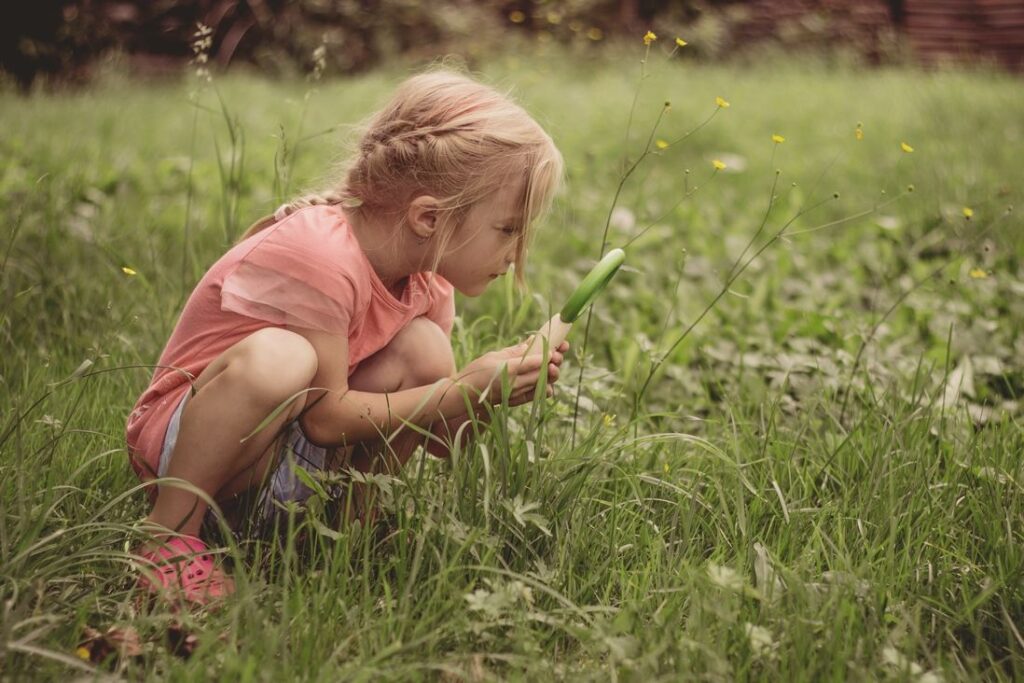
Montessori Sensitive Periods: Key Phases in Children’s Development
January 3, 2024
The Sensitive Period, as defined by Maria Montessori, encapsulates crucial phases in a child’s development where they intensely focus on acquiring specific skills or knowledge areas. These periods span from birth to age six and include categories like order, language, sensory skills, movement, and social skills. Every Montessori sensitive periods are temporary, fading once the developmental goal is achieved.
Order:
- Begins at birth, peaks around age two, and continues until age five.
- Teaches reasoning skills, organization, and understanding of the environment.
- Characterized by a desire for consistency, routine, and a penchant for structure.
- Establishing ground rules, routines, and an organized environment supports this period.
Language:
- Spans from birth to age six, with distinct phases for spoken language, written language, and reading.
- Spoken language sensitivity occurs from 7 months to 3 years.
- Learning to write sensitivity is from 3.5 to 4.5 years while reading interest peaks from 4.5 to 5.5 years.
- Immersing children in a language-rich environment, including clear communication, singing, and reading, aids language development.
Sensory Skills:
- From birth to age five, children refine their senses, characterized by a fascination with touch, taste, sight, and smell.
- Sensitivity to small objects occurs from one to three years.
- Sensorial exploration and classification sensitivity last from 2.5 to 6 years.
- Providing opportunities for sensory experiences and games supports this period.
Movement:
- The Montessori sensitive periods for movement are divided into gross and fine motor development (birth to 2.5 years) and refinement and coordination (2.5 to 4.5 years).
- Activities like crawling, pulling up, walking, and fine motor skill development are crucial.
- Regular visits to parks and providing opportunities for tasks like drawing and writing support motor skills.
Social Skills:
- From 2.5 to 5 years, children develop an intense interest in social relationships.
- This period involves learning to direct actions and attention toward a group.
- Developing friendships and engaging in cooperative play become prominent.
- Encouraging socialization with peers and modeling positive behaviors at home aids social skill development.
Recognizing and supporting these montessori sensitive periods involves observing and understanding typical developmental milestones. Providing a supportive learning environment, respecting individual interests, and allowing progression at the child’s pace are key. Patience and observation guide parents and educators in nurturing children during these significant learning phases.


